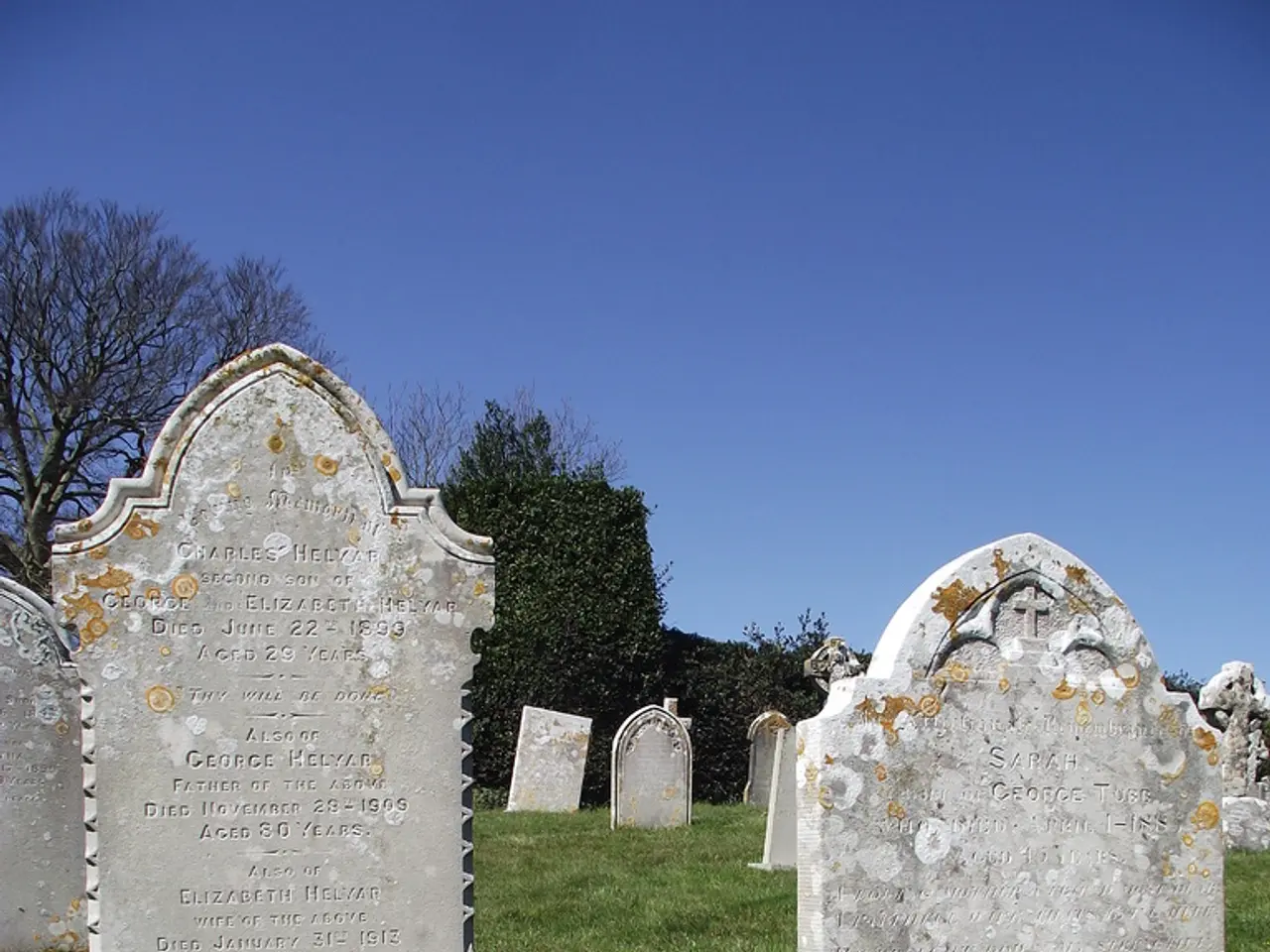Guidance for Navigating the Final Journey
Introducing the Last Aid Course: Empowering Communities to Support the Dying
In a groundbreaking initiative, Dr. Georg Bollig, an anesthesiologist and palliative medicine specialist, has developed the Last Aid course. This 4-hour community training aims to educate participants about end-of-life care and equip them with the skills to offer mutual help to those who are dying.
The Last Aid course is designed to be applied in personal, interpersonal relationships, making it relevant to neighbors, friends, or relatives. The training focuses on the human aspect of end-of-life care, encouraging an open and empathetic approach towards those who are dying.
Upon completing the course, participants earn the title of "Last Aider." The course covers key aspects such as understanding dying, managing symptoms, communicating with the dying person and their family, and addressing emotional and practical needs. By training members of the general public, Last Aid helps build supportive environments for people nearing the end of life, ensuring they receive comfort, dignity, and appropriate care outside professional healthcare settings.
Last Aid empowers communities to provide compassionate, informed support to dying individuals, complementing medical care and promoting a humane approach to the end of life. It is distinct from traditional first aid or mental health first aid courses that focus on immediate physical or psychological emergencies.
While end-of-life care is often considered a science for a few experts, Last Aid fills a unique role by preparing ordinary people to support those in the last stages of life with empathy and knowledge. It does not specify the method or techniques used in its approach, allowing participants to adapt its teachings to their unique situations.
In summary, the Last Aid course educates participants about the dying process, teaches practical ways to assist with physical, emotional, and spiritual needs, improves communication skills with the dying and their families, and builds community capacity to care for dying people, reducing isolation and fear around death. By fostering a supportive community, Last Aid ensures that everyone can face the end of life with dignity and compassion.
[1] Information sourced from the Last Aid course materials.
The Last Aid course, unique from traditional first aid or mental health first aid, bridges the gap between science and health-and-wellness by empowering individuals with knowledge about the dying process and equipping them with skills to offer empathetic support. This course focuses not only on physical needs but also addresses the importance of mental health, ensuring a holistic approach to end-of-life care.
By expanding the scope of care beyond professional healthcare settings, Last Aid helps create supportive environments for people nearing the end of life, championing the ideals of health-and-wellness and mental-health that prioritize comfort, dignity, and appropriateness for all.




